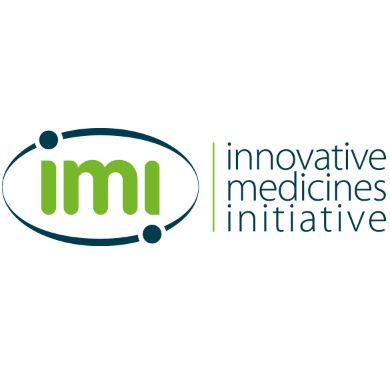
Genome-Environment Interactions in Inflammatory Skin Disease - IMI2-2017-13-02
Date de clôture : 6 sept. 2018
APPEL À PROJET CLÔTURÉ
APPEL À PROJET CLÔTURÉ
Ressources génétiques
Entrepreneuriat et PME
Innovation
Environnement
Soins de santé
Horizon Europe
Biologie
Recherche
Specific Challenge:
Inflammatory skin diseases affect a significant percentage of our global population. Atopic Dermatitis (AD) affects approximately 10% of children and 3% of adults worldwide. Psoriasis (Pso) affects approximately 2% of our population. These diseases remain poorly understood with limited understanding of their mechanism, endotypes, ontology and co-morbidities, affecting the quality of effective treatments. While there may be aspects of these diseases that overlap, others show little or no similarities e.g. their associated co-morbidities are generally quite distinct with Pso being linked with arthritis, psychiatric disorders, metabolic syndrome and cardiovascular sequelae while AD is associated with rhinitis, asthma, food allergy as well as cardiovascular complications. As a result, there is an immediate need for sophisticated, in-depth investigations of these diseases that address transformative topics. These studies include, but are not limited to, the impact of environmental factors (e.g. via the microbiome) interacting with genomic factors and studies that help elucidate molecular pathways of disease in a comprehensive, patient-driven manner. To this end, the challenge is seeking to define the key heterogeneous and homogeneous aspects of AD and Pso, both within each disease and across their shared biology. Such characterisation can include clinical hallmarks, patient epidemiology and reported outcomes, and assessment of molecular signatures.. Expanding our current knowledge to understand unique endotypes of inflammatory skin diseases will help give rise to more precise, targeted treatments that can yield long lasting reductions in disease burden and improved patient quality of life, fulfilling unmet medical needs in patient care.
Scope:
The action to be generated from this topic is expected to lead to a step change in our understanding of the molecular mechanism and ontology of the two main inflammatory skin diseases: AD and Pso. Elucidating the molecular pathways of these inflammatory skin conditions over time will give rise to novel and meaningful therapeutic targets for specific patient populations and help address the complex patterns of co-morbidities. In addition, this work will identify biomarkers that will enable robust, efficient and meaningful patient management.
These objectives should be achieved both via a retrospective assessment of Pso and AD patients that can aid in defining key endotypes of disease and the disease commonalities and uniqueness, as well as via access to ongoing prospective studies that will embrace novel approaches and hypotheses relating to defining these. It is expected that reliable access to robustly defined clinical information and specimens will be vital to the overall scope.
Expected Impact:
Currently, Pso and AD represent diseases difficult to treat and they significantly impact quality of life and medical health care costs for patients. This topic aims to comprehensively address aspects of disease endotypes, underlying pathobiology, and factors contributing to initiation, exacerbation and severity of disease, as well as response to therapy. Consequently, there are broad impacts relevant to the IMI2 goals that include:
- Research and Development (R&D) Process: using a patient-centred approach through comprehensive characterisation of skin disease heterogeneity, it is expected that new understandings into pathobiological processes will be established that should help drive future therapies, as well as stimulate new levels of understandings into skin biology and how it is regulated during homeostasis, disease, and repair.
- Regulatory Pathways and Health Technology Assessment: establishment of comprehensive disease endophenotyping will improve directed care decisions and future clinical trial design, including biomarkers, quality of life considerations, and patient enrolment suitability.
- Clinical and healthcare practices: understanding of early life events and environmental influences over disease progression and severity will support improvement in physician recommendations and management of patients.
The topic expected impact is to establish, and support access to, a world-leading analysis of skin disease, as comprehensively addressed from the perspectives of AD and Pso. This should be achieved through studying unprecedented patient numbers, a robust depth of data available (e.g. clinical, transcriptomic, response to treatment etc.), state-of-the-art approaches to studying the disease biology and central accessibility for users of the BioResource.
- In terms of strengthening the competitiveness and industrial leadership in Europe impact will be significantly enhanced by also including the relevant expertise from the Small- and Medium-sized Enterprises (SMEs).Their involvement might offer a complementary perspective to industry and the academia, and help deliver the long-term impact of the project.
Lien officiel : Disponible pour les utilisateurs enregistrés




S'il vous plaît Se connecter pour voir cette section